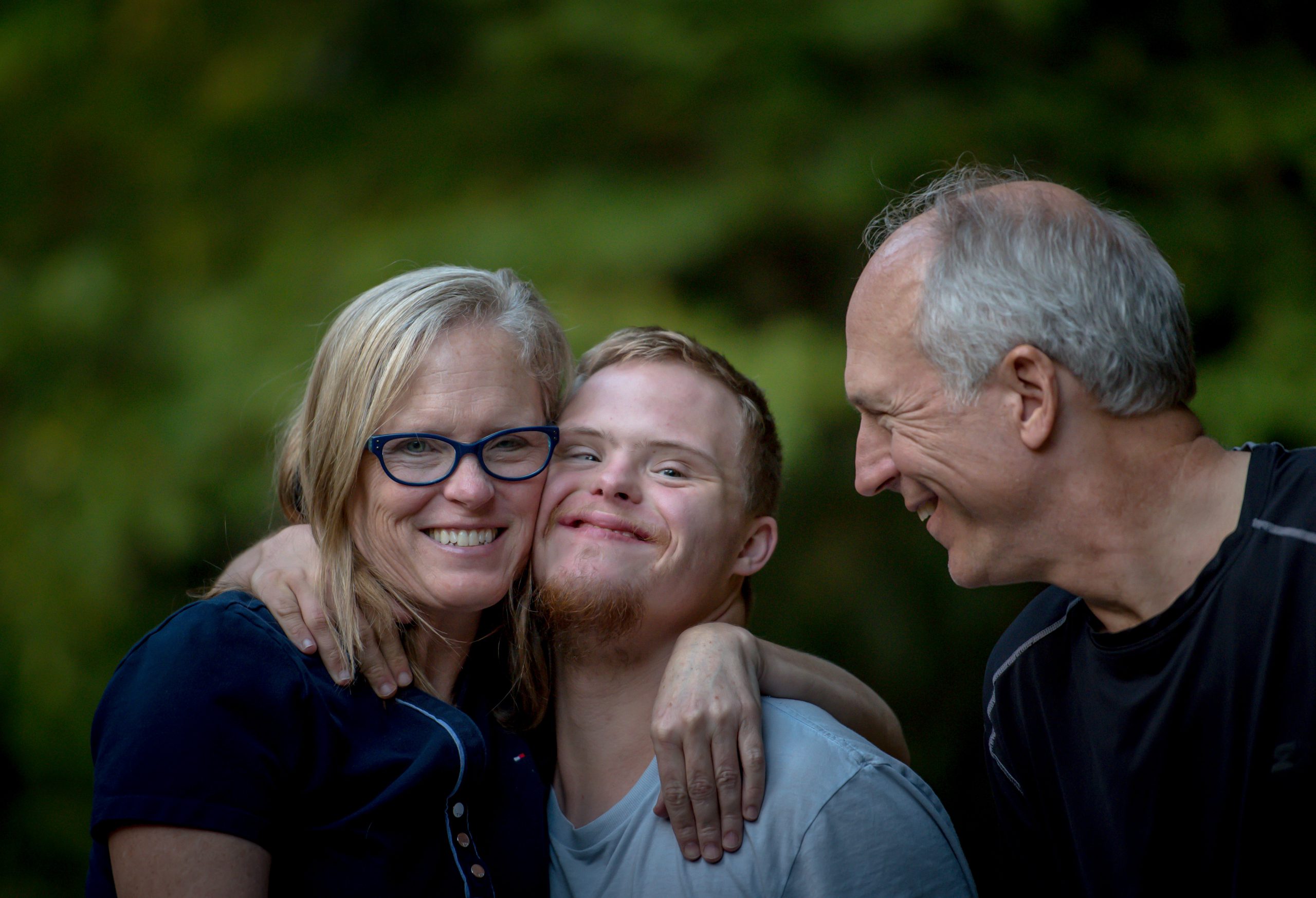
Over the last few months, we observed Mother’s Day and Father’s Day in addition to recognizing high school graduates. When I was a pastor I usually scheduled a day for baby dedication, a children’s day and a senior adult day as well. For about six weeks every year, I highlighted the family.
The June 2016 edition of Texan, which I oversee, looks at the complementarian approach to family life and ministry. Simply put, complementarianism is the position that men and women have different but complementary roles and responsibilities in the family and church. Some complementarians are open to women holding leadership roles in government and business. Others are not.
The Baptist Faith and Message Statement (2000) in Article 18 states:
The husband and wife are of equal worth before God, since both are created in God's image. The marriage relationship models the way God relates to his people. A husband is to love his wife as Christ loved the church. He has the God-given responsibility to provide for, to protect, and to lead his family. A wife is to submit herself graciously to the servant leadership of her husband even as the church willingly submits to the headship of Christ. She, being in the image of God as is her husband and thus equal to him, has the God-given responsibility to respect her husband and to serve as his helper in managing the household and nurturing the next generation.
Unapologetically, the BF&M 2000 presents the complementarian position for the home.
Likewise, Article 6 on “The Church” says, “While both men and women are gifted for service in the church, the office of pastor is limited to men as qualified in Scripture.” Without equivocation, our faith statement restricts the office of pastor for a male. At the same time, the statement as it relates to church ministry provides a great deal of latitude in Baptist life. Churches may have women serving as deaconesses, on church staff with varying titles or leading in a variety of ministries. While my personal conviction would not allow me to pastor a church with some of those practices, the BF&M 2000 does not prohibit them.
While we do not demand every Southern Baptists to be in lock step on every matter, we do have some irreducible positions. For example, there is no compromise on the nature of Scripture, salvation, the ordinances of baptism and the Lord’s Supper, and “the sanctity of all human life from conception to natural death.” We are a confessional people with essential, specific beliefs. So where there is room for differing positions, let grace abound toward one another. But where there is undeniable clarity, let us not waver.
The BF&M 2000 presents what we believe is the biblical position on the first institution given by God—the family. Churches are increasingly confronted with a myriad of challenges to this fundamental institution. People with same-sex attraction, gender identity issues, divorce, single-parent homes or couples living together without marriage are likely attending your church. What are we to do?
Having a family emphasis on your church/preaching calendar is not the whole answer, but it is a start. As broken as we are, by God’s grace we can be light in darkness. Preach the truth of God’s Word! Teach biblical answers to family matters. Look for ways to highlight healthy families. Model before a dying culture a living example of Christ and the church through your husband and wife relationship. Encourage family worship at home that fuels worship as the church. We must constantly elevate God’s design for the family in a world that continues to devalue it.

